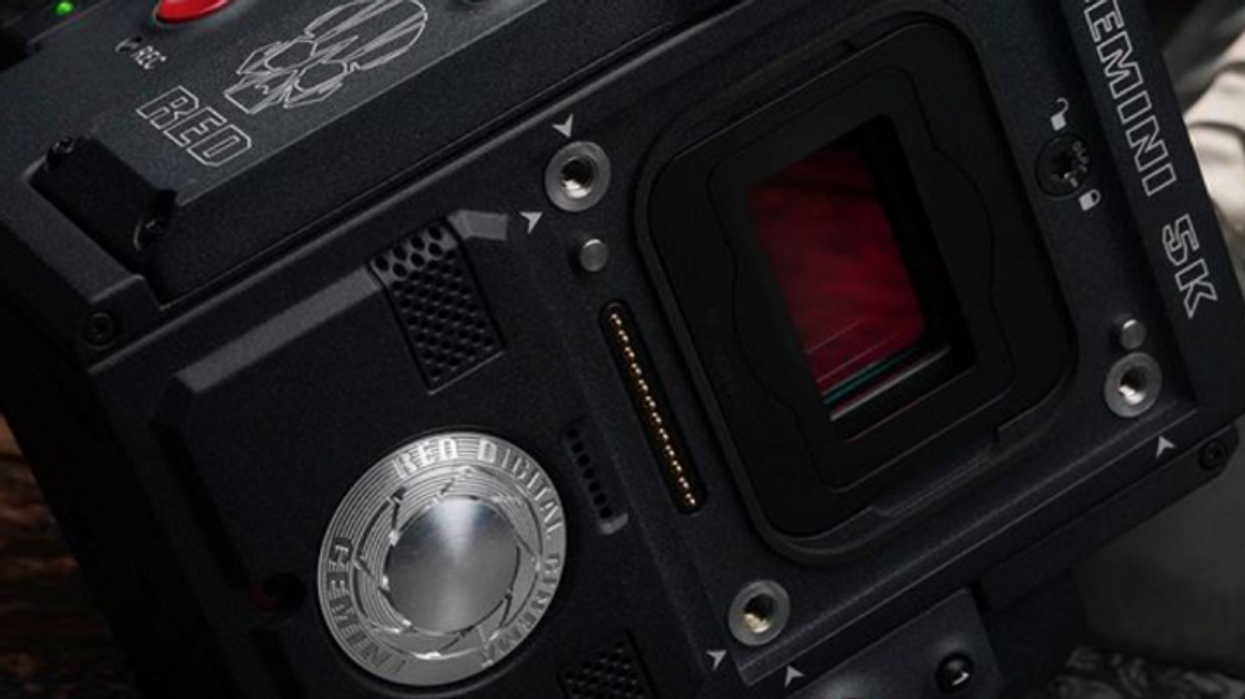RED Shoots for Space with the Limited Edition Gemini
With only 6 units made, and one leaving the earth, the Gemini is the most exclusive product from RED yet.

In space, no one can hear you scream. They also sometimes can't see you, as it can be very dark on the shadow side of celestial objects, requiring a low light capable sensor, but space photography is frequently an area that drives image capture innovation. (Remember when Kubrick famously used f/0.7 lenses that were originally developed for the moon landing here on earth for candlelight photography.)
While RED has been going after the mass market lately with its upcoming Hydrogen smartphone, the company hasn't neglected special purpose and niche products either, coming out with a run of only 6 of their new Gemini sensors designed for ultra low light work in space.

Considering the popularity of the GH5S and the Sony A7SII, both cameras that sacrifice resolution for low light, it's a bit of a surprise that RED is limiting this to a run of only 6 units (which are all, apparently, sold out). Of course, RED long built its brand around ultra-high resolution, but as they expand the brand with items like Helium, having Gemini regularly in the lineup doesn't seem like a bad idea.
The initial unit was made for an unknown client, which would seem to point towards a certain South African entrepreneur who is launching a spacecraft soon, but considering how much SpaceX loves publicity, it's surprising that they would ask to be unnamed. It could also be NASA, sneaking behind Canon's back, or any of the other competitors moving into the skies.
Available for a "subsidized" $20,000 (but sold out) from RED.
Tech Specs:
- 30.72mm x 18mm sensor size
- 96fps at 5K max
- 2 stops faster than Helium
- 6 produced
- $20,000











